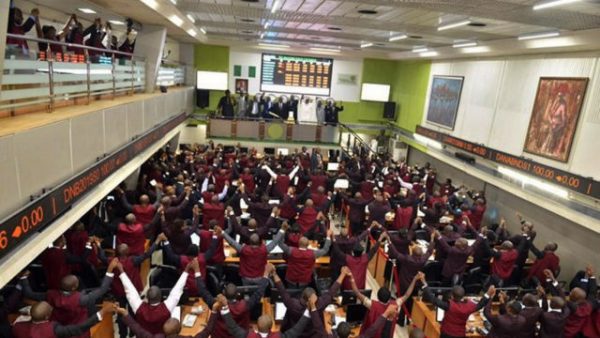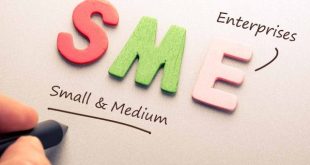
The Minister of Industry, Trade and Investment, Dr. Olusegun Aganga, has assured that the Federal Government has resolved to end importation of petrochemical products by 2018.
Aganga, who disclosed this during a courtesy visit to power solutions company, Mikano International Limited, recently in Lagos, said that with the launch of the Nigeria Industrial Revolution Plan (NIRP), the importation of petrochemical products, which currently costs the nation about N170 trillion annually will be a thing of the past by 2018.
According to him, “the message of this administration is very clear. We can no longer be a country that is import dependent especially on product we can produce in this country. There are many sectors we should have developed as a country but we relied for decades on exporting raw materials, which is oil. That era is gone and this is why the president launched the NIRP in 2012.

“If the investment goes according to plan, by 2018, we will no longer import petroleum products into the country and that will save us a minimum of about $10 billion. We spend about $3 billion importing steel, we spend about $6 billion importing cars and spare parts and also spend about $1.7 billion importing sugar where we can grow sugar cane to get sugar.
the falling oil price and devaluation of the Nair have got Nigerians all surprised because for decades, we have adopted the wrong policies. But for the first time in the history of this country, we have a robust and comprehensive plan, which we started implementing in 2012 to diversify the economy based on areas where we have a comparative advantage,” he explained.

Aganga pointed out that Nigeria is the eight largest producers of crude oil and 11th in terms of gas reserves, but stressed that the country has been wrong for decades exporting crude oil with no value addition.
“When you export crude raw materials, you create jobs for other countries only to buy them back with the proceeds we got from exporting the raw materials in the first place. This is not good for the economy because we lose all the value addition in that process,” he said.
He said his administration has always been about value addition based on a blue print using local content, which had attracted about $14 billion dollars in the petrochemical sector.
He also noted that the present administration’s approach is to move towards import substitution, stressing that Nigeria as a nation can no longer afford to remain import dependent.
“If we do not address this as a nation in the next three to four years, we will be in very big trouble in terms of our economic development,” he warned.
 MMS PLUS NG – Maritime, Aviation, Business, Oil and Gas News Online Newspaper with coverage in Maritime, Oil and Gas, Aviation, Power and Energy as well as Financial News
MMS PLUS NG – Maritime, Aviation, Business, Oil and Gas News Online Newspaper with coverage in Maritime, Oil and Gas, Aviation, Power and Energy as well as Financial News









